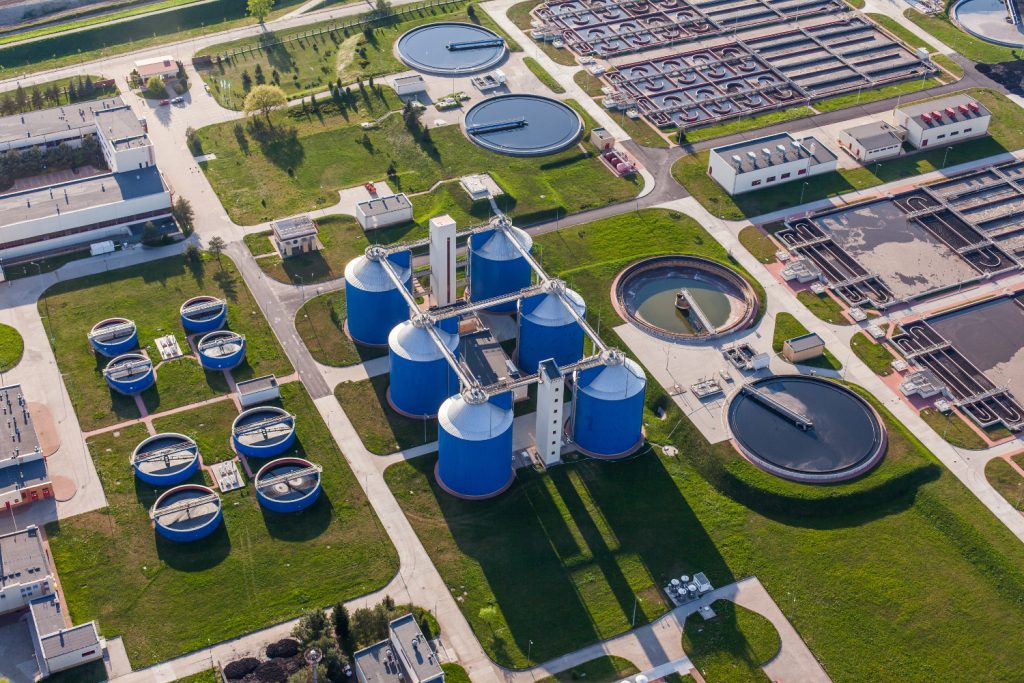Step 1: Find Out What's In Your Water
If you’re wondering what contaminants might be in your water, then you can begin with obtaining a copy of your water quality record from the regional water utility/authority. If you cannot receive your report or in case you’ve got a private well, you might wish to think about getting your water independently analyzed.

